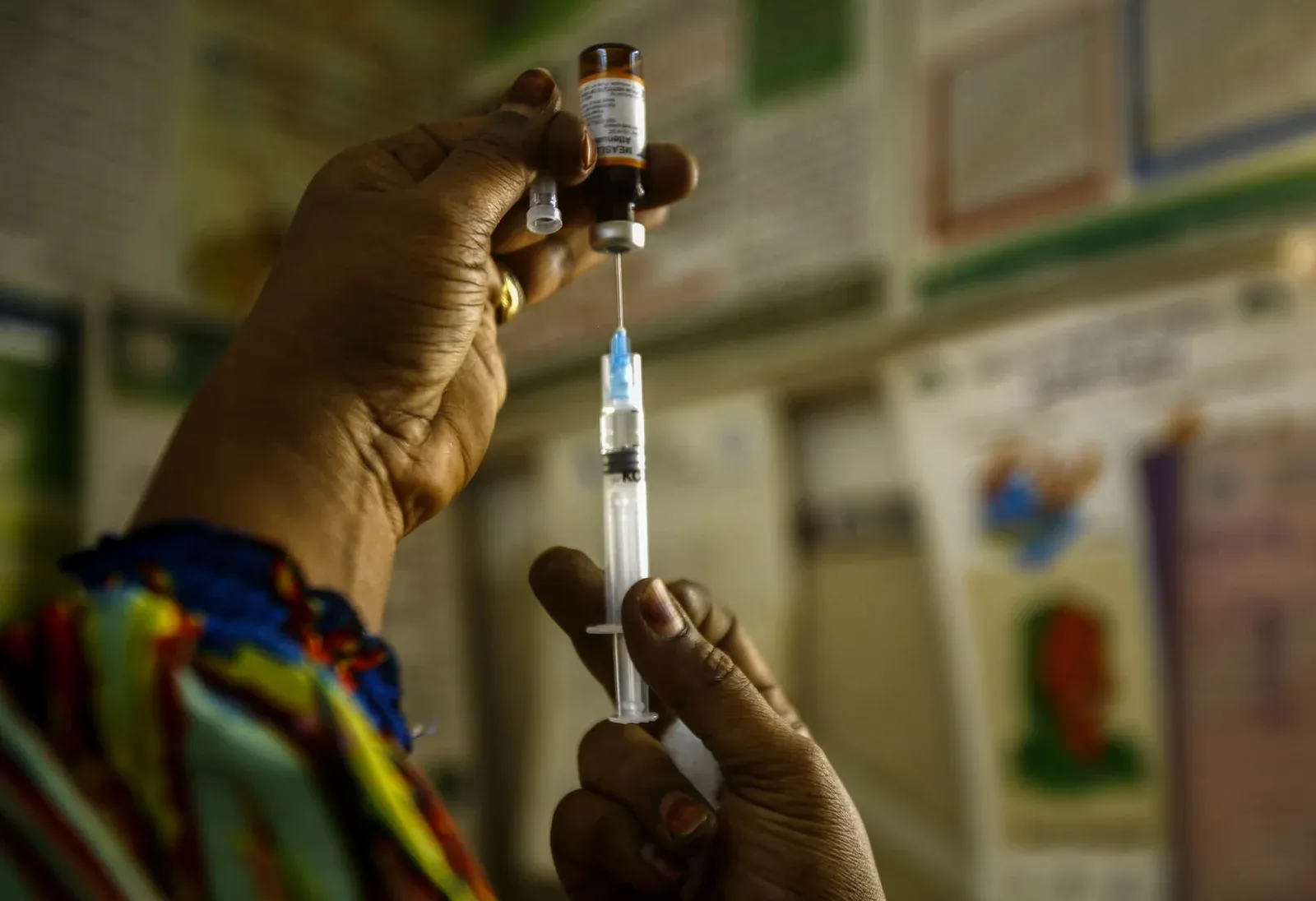Since the outbreak of COVID-19, all eyes across the world have been on big Pharma. On March 11th 2020, the World Health Organization (WHO) declared the novel Coronavirus (COVID-19) outbreak a global pandemic, pointing to more than 118,000 cases of Coronavirus illness in over 110 countries and territories around the world, and the sustained risk of further global spread.
“This is not just a public health crisis, it is a crisis that will touch every sector. So every sector and every individual must be involved in the fights,” said Dr. Tedros Adhanom Ghebreyesus, WHO director-general, at a media briefing.
The first case of COVID-19 in Sudan was diagnosed on March 12th 2020, a 50-year-old Sudanese male who arrived via air from the United Arab Emirates tested positive. He developed respiratory symptoms, was admitted to the hospital, and died 3 days later with a positive COVID-19 RT-PCR test. This raised the alarm for the arrival of SARS-CoV-2 in Sudan.
How did the Anti-vaccination Movement Start?
Over the years, advancement in science and technology has led to the discovery of remedies for the treatment of various viral diseases and there is hope that one for COVID will also be developed. As of today, there is no known cure for COVID-19, but the scientific revolution has led to the introduction of protocols to prevent the virus spread, in addition to the manufacturing of a host of vaccines.
The biggest challenge that various stakeholders are still facing is to convince the population to take the vaccine, with some voices alleging that the vaccine is more harmful and that it is better for one to rely on their natural immunity. In order to better understand these dissenting voices, we must go deeper and discover the historical roots of the anti-vaccination movement and how it came about.
Semantically speaking it wasn't always a position of antagonism, but started as hesitancy towards the smallpox vaccine in 18th century England, when doctors started subjecting their patients to the disease in order to control its severity. This method is called inoculation and it was hugely popular at that time until it started to occasionally create an outbreak. Therefore a smallpox concoction was developed and was distributed for free, then made mandatory by governments, starting a wave of criticism that stands till today- not against the vaccine per se, but against mandating actions relating to one's body.

A Sudanese nurse prepares an inoculation against measles. Photo by Ashraf Shazly/Getty Images from NPR.org
Up until this phase the vaccine was a matter of skepticism, but when religion and conspiracy theories came into the mix, gears shifted towards outright hostility.
For the religious, it was challenging God's will and for the conspiracists, it was the government treating citizens as if they were laboratory mice, despite many believing our bodies can naturally heal without the need for external help. By the dawn of the 19th century, the opposition turned into a movement with its leadership sending delegates to the United States and other European countries- which gave birth to the modern-day anti-vaccination movement.
Of course, one can't address the anti-vaccination movement without talking about its 20th century's biggest Achilles heel: autism. The notion of a direct relation between vaccines and autism comes from the lack of information modern medicine provides on what actually causes autism, yet this theory (although by now it reached myth status) still convinces large numbers to host anti-vaccination rallies and claim their children are victims of the government-mandated vaccine.
In 1988 the British Physician Andrew Wakefield conducted a study on 12 children suggesting a link between the MMR vaccine (for measles, mumps, and rubella) and autism. His study was invalidated and Wakefield turned out to have tampered with his findings and subsequently lost his license. Today, researchers found no association between vaccines and autism.
Way Forward
Even as the new wave of COVID-19 cases are being reported, one aspect of the pandemic remains strong: differing opinions on the value of COVID-19 immunization and vaccine mandates. Communities in many parts of the world are relying on a variety of herbal remedies and readily available home remedies to treat the COVID-19 infection, along with a few medical drugs.
The COVID-19 pandemic has exposed the population’s skepticism and the need for governments and other stakeholders to step up their efforts in building public trust and reassuring the masses to take up the vaccines for the benefit of their health and well-being. In addition, the rise of misinformation and fake news is reminiscent of the situation at the peak of the anti-vaccination movement, proving that those who don't learn from history are bound to repeat it and increasing the urgency to address the anti-vaccine sentiments as COVID-19 continues to return.
Sources:
1:https://www.vox.com/platform/amp/the-goods/22958419/covid-vaccine-mandate-pandemic-history
2:https://measlesrubellainitiative.org/anti-vaccination-movement/
3:https://edgeeffects.net/traci-brynne-voyles-anti-vaccination/
4:https://podcastaddict.com/episode/118537745
5:https://www.latimes.com/opinion/story/2022-02-25/covid-anti-vax-childhood-vaccination-measles-mumps
